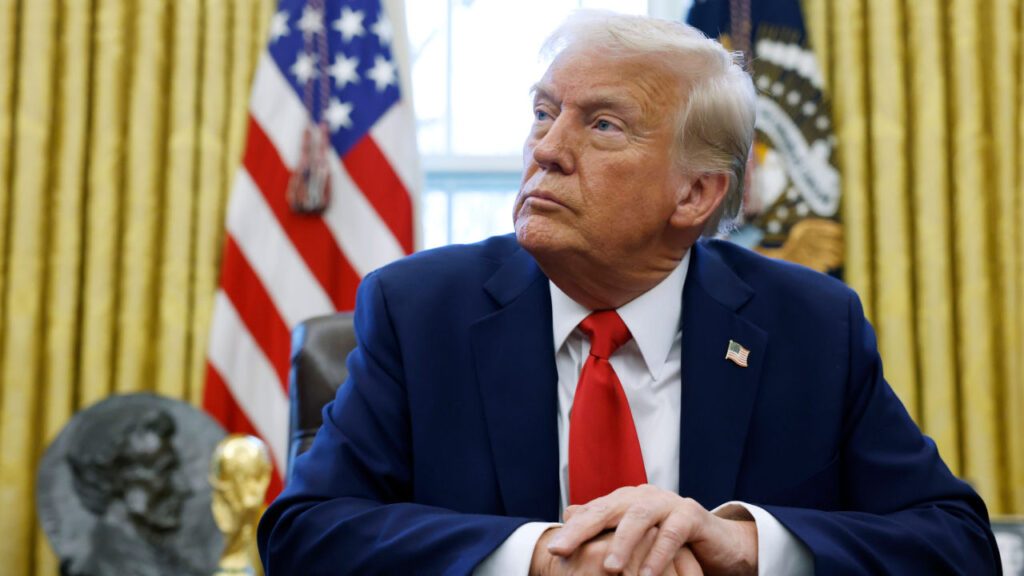Donald Trump, the former President of the United States, has long been known for his unpredictable approach to governance, particularly in the realm of international trade. Over the weekend prior to February 3rd, he appeared to push North America towards a precarious situation, where a trade war seemed imminent. This potential conflict over tariffs was particularly focused on Canada and Mexico, two of the United States’ closest trading partners. As tensions heightened, many stakeholders began to prepare for the repercussions that such a trade war could incur.
However, on February 3rd, a surprising twist occurred. Trump announced a delay on the imposition of tariffs on both Canada and Mexico, pushing them back by a month. This decision granted the two nations a temporary reprieve as they continue negotiations on various contentious issues. Among these concerns are immigration controls and other trade-related matters that have been at the forefront of discussions between the three countries. By delaying the tariffs, Trump signaled a willingness to explore potential compromises, though only time would tell if this pause would lead to constructive dialogue or further complications.
This sudden change in approach highlights a core characteristic of Trump’s political style: his reputation as an “agent of chaos.” He often employs extreme tactics and aggressive rhetoric as a way to leverage concessions from others. This strategy, while occasionally effective in the short term, can lead to substantial risks. Negotiating from a position of constant threat can create an environment ripe for miscalculations, not only affecting bilateral relations but also introducing uncertainty into the global economy as a whole.
Businesses and markets tend to react sharply to fluctuations in trade policies, especially those that could lead to increased tariffs or trade barriers. The potential for a trade war can send ripples through supply chains, increase costs for consumers, and create volatility in stock markets. The very industries and sectors that rely on the smooth flow of goods and services across borders hold their breath during these negotiations. In this case, both Canada and Mexico were likely assessing their next moves, weighing their options as they navigated this treacherous political landscape.
The dynamics of international trade are often complex, influenced by a multitude of factors including diplomatic relations, economic policies, and domestic considerations in each country. For Canada and Mexico, the stakes are particularly high due to the deep economic ties they share with the United States. The North American Free Trade Agreement (NAFTA), which was established in 1994 and later replaced by the United States-Mexico-Canada Agreement (USMCA), has fostered substantial interdependencies, making any disruption feel acute.
As Trump continues to wield his characteristic bravado, the challenge rests on the ability of all parties involved to balance national interests with the need for cooperation. The looming question remains: will the cooling of tensions over tariffs enable productive negotiations, or merely delay the inevitable discussions warranted by the persistent issues at play? Only time will reveal the effectiveness of Trump’s postponement and whether it will yield fruitful outcomes for the region.
In conclusion, while Donald Trump’s decision to delay tariffs offered a momentary reprieve for Canada and Mexico, it also underscored the unpredictability of his strategy. His approach, grounded in chaos and high-stakes threats, brings both potential advantages in negotiating strength and significant risks of miscalculations that could destabilize the broader global economic environment. As countries navigate the intricacies of trade relationships, the ripple effects of such decisions will be felt far and wide, reminding all stakeholders of the delicate balance that international trade demands.



